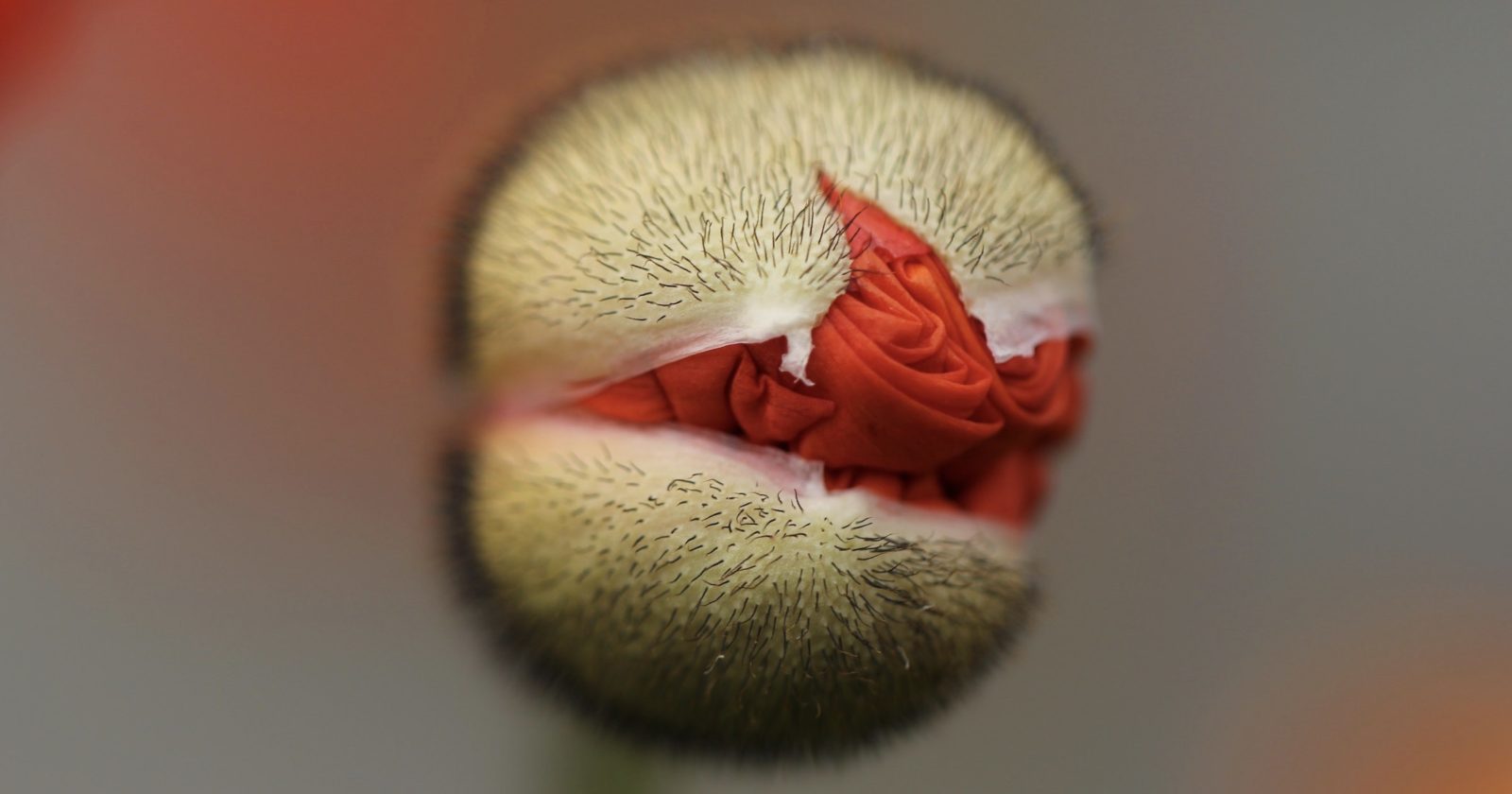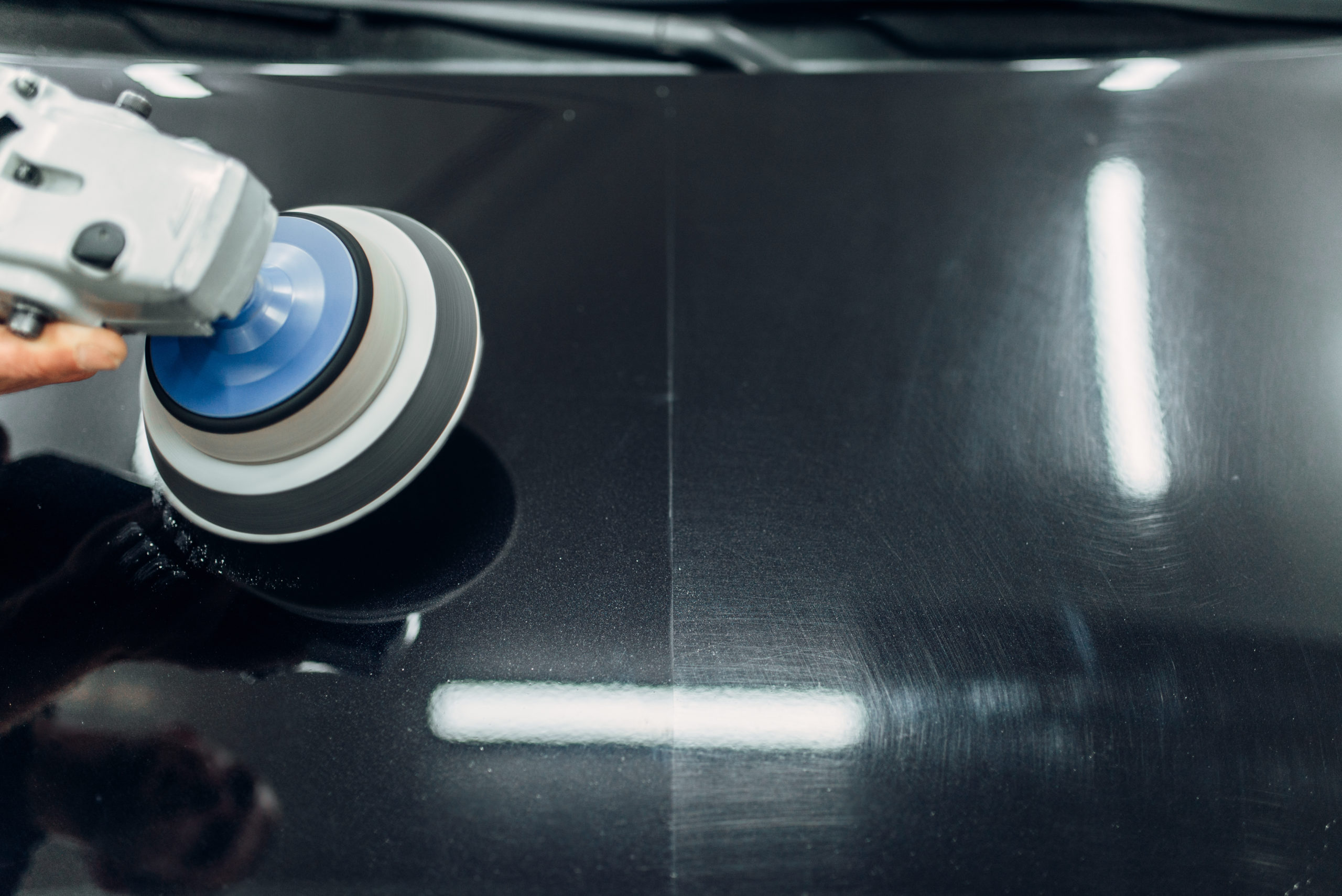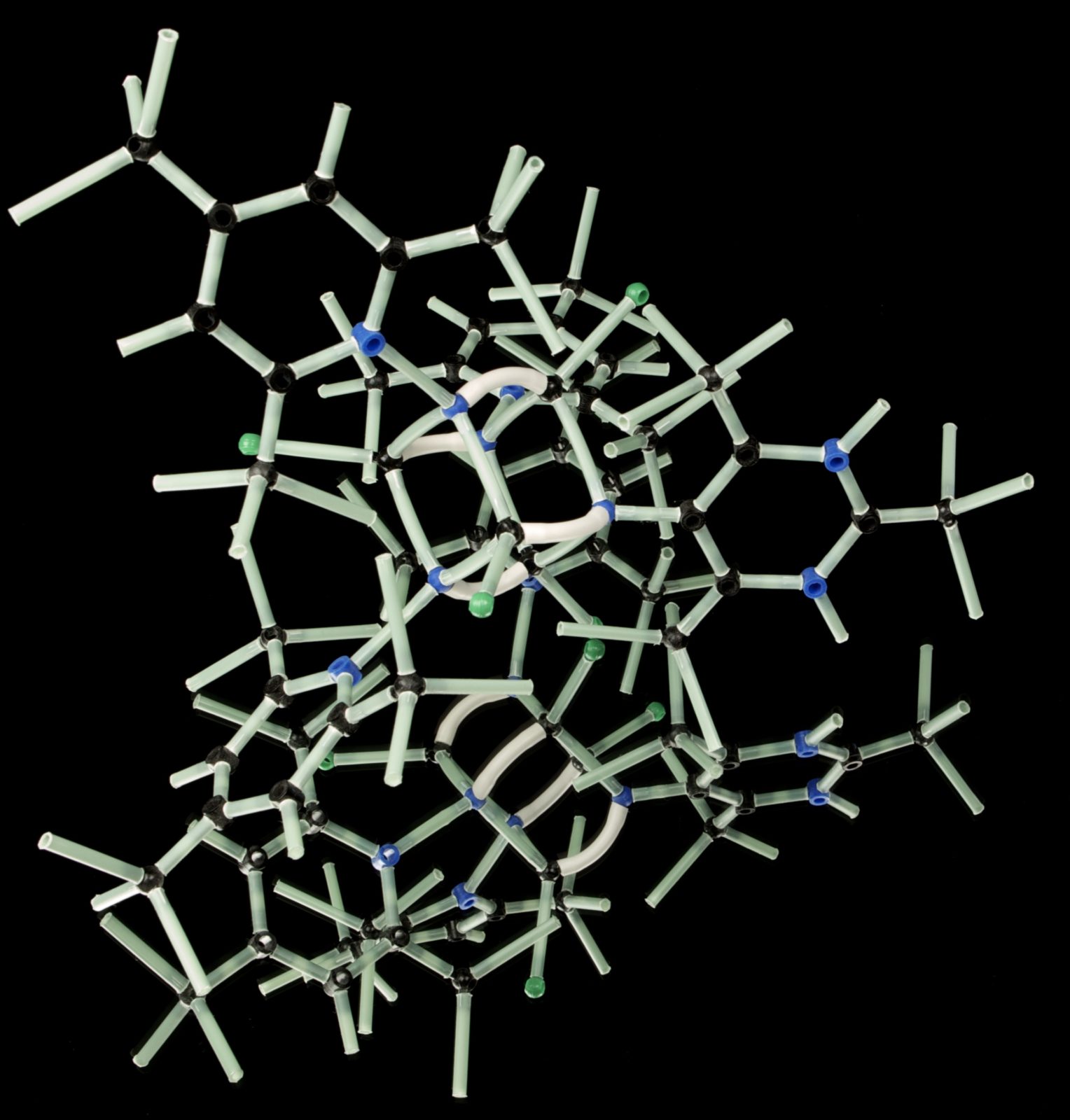


How to Restore Science’s Lost Luster

Why Intelligent Design Was Not Over at Dover
Casey Luskin on the background, mistakes, and consequences of Dover v. Kitzmiller.

Was Intelligent Design Ever Peer-Reviewed?
Yes. Although open hostility from those who hold to neo-Darwinism sometimes makes it difficult for design scholars to gain a fair hearing for their ideas, research and articles supporting intelligent design are being published in peer-reviewed publications.

Intelligent Design Is Peer-Reviewed, but Is Peer-Review a Requirement of Good Science?
As may be seen from our newly updated page listing Peer-Reviewed & Peer-Edited Scientific Publications Supporting the Theory of Intelligent Design, the ID movement has developed a diverse research program bearing fruit in the form of more than 50 peer-reviewed scientific papers. Beyond doubt, ID proponents have published a significant body of legitimate peer-reviewed research. In the past, critics charged Read More ›

Experimental Evolution, Loss-of-Function Mutations, and “the First Rule of Adaptive Evolution”
Adaptive evolution can cause a species to gain, lose, or modify a function; therefore, it is of basic interest to determine whether any of these modes dominates the evolutionary process under particular circumstances. Because mutation occurs at the molecular level, it is necessary to examine the molecular changes produced by the underlying mutation in order to assess whether a given adaptation is best considered as a gain, loss, or modification of function. Although that was once impossible, the advance of molecular biology in the past half century has made it feasible. In this paper, I review molecular changes underlying some adaptations, with a particular emphasis on evolutionary experiments with microbes conducted over the past four decades. I show that by far the most common adaptive changes seen in those examples are due to the loss or modification of a pre-existing molecular function, and I discuss the possible reasons for the prominence of such mutations.
Read More ›
The NCSE, Judge Jones, and Citation Bluffs About the Origin of New Functional Genetic Information
[Editor’s Note: This article is adapted from a series of posts originally posted on Evolution News and Views. The originals may be seen here: Part 1, Part 2, Part 3, Part 4, Part 5, Part 6, Part 7, Part 8.] I. Introduction Not long before the beginning of the 2005 Kitzmiller v. Dover trial, then-National Center for Science Education staff Read More ›
Is teaching about intelligent design unconstitutional?
Although Discovery Institute does not advocate requiring the teaching of intelligent design in public schools, it does believe there is nothing unconstitutional about discussing the scientific theory of design in the classroom. Read More ›
Response to Richard Dawkins
Dear Readers, Here I respond briefly to Richard Dawkins’ review of The Edge of Evolution in the New York Times. I must admit I was surprised that he agreed to do it. In the past Dawkins has said that on principle he would not interact with proponents of intelligent design, because that would give us publicity. I guess when the New York Times offers writing Read More ›

Introduction and Responses to Criticism of Irreducible Complexity
Modern biology has discovered that cells are like miniaturized factories that function using micromolecular machines. In Darwin’s Black Box (1996), Lehigh University biochemist Michael Behe proposed that many of these molecular machines exhibit irreducible complexity and therefore could not have been produced by an undirected Darwinian process. Instead, they appear to be the product of intelligent design. Behe’s book initiated a firestorm of controversy both inside and outside of the scientific community, and the debate continues to rage. As the responses below demonstrate, Behe’s arguments have not been refuted. Indeed, the case for the irreducible complexity of the bacterial flagellum and other molecular machines has continued to grow.
Read More ›